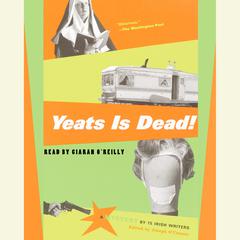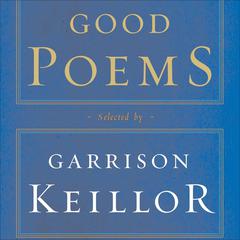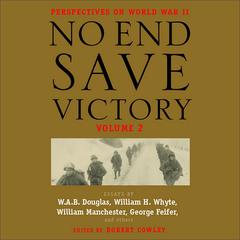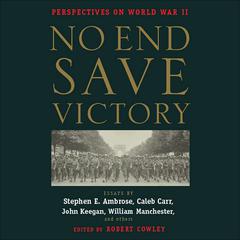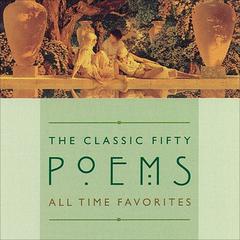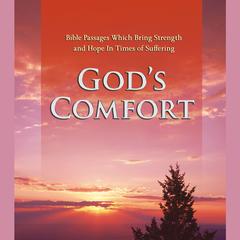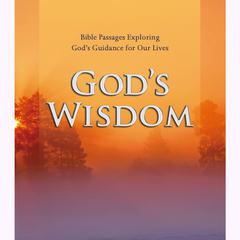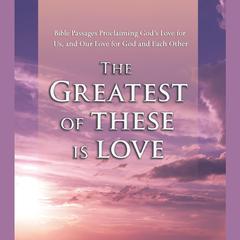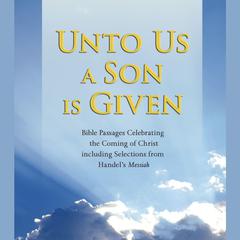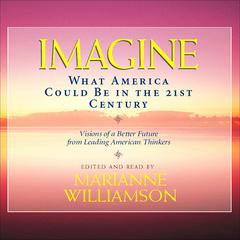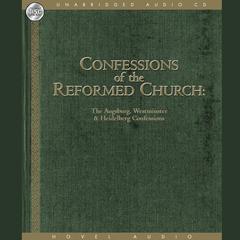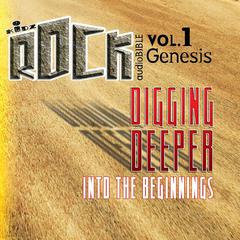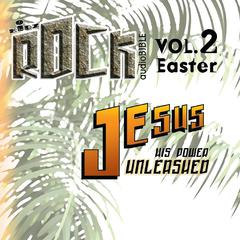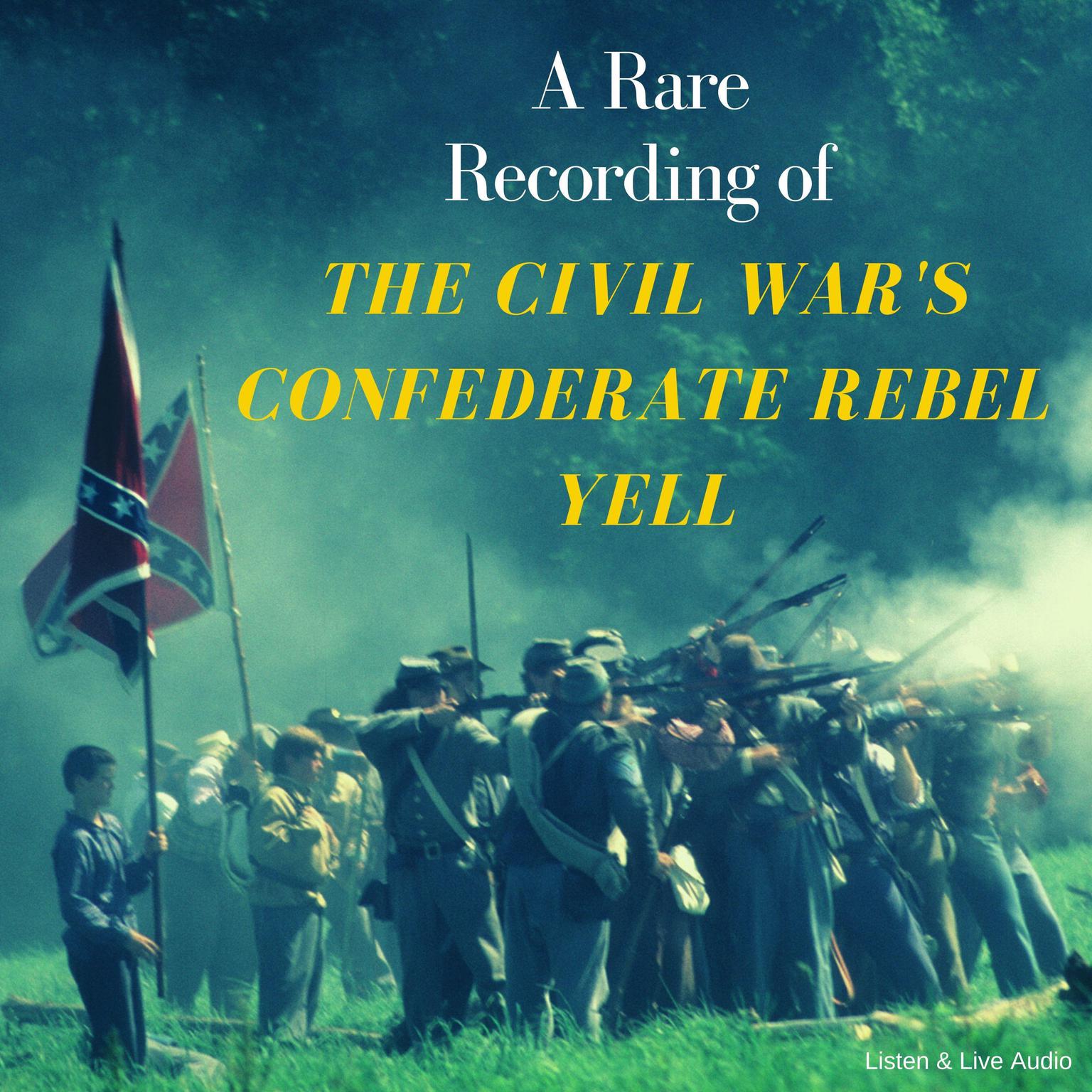 Play Audiobook Sample
Play Audiobook Sample
A Rare Recording of The Civil War's Confederate Rebel Yell Audiobook
 Play Audiobook Sample
Play Audiobook Sample
Quick Stats About this Audiobook
Total Audiobook Chapters:
Longest Chapter Length:
Shortest Chapter Length:
Average Chapter Length:
Audiobooks by this Author:
Publisher Description
The Rebel Yell was a battle cry used by Confederate soldiers during the Civil War. The yell was hollered when soldiers were charging into battle, as a way to intimidate the enemy and to boost their own morale. There is some debate about how the Rebel Yell began. Confederate soldiers may have learned the yell from Native Americans, or simply imitated them. It is known that some Texas Confederate units combined Comanche war whoops into their version of the yell. Another claim is that it came from the screams traditionally made by Irish and Scottish Highlanders when they made a Highland charge during battle. According to Encyclopedia Virginia: "Distinctive noises made by soldiers were identified from the very beginning of the war, but the yell’s first appearance in combat may have come at the Battle of Manassas, on July 21, 1861, and it is strongly associated with the Confederate general Stonewall Jackson." Colonel Keller Anderson of Kentucky's Orphan Brigade said: "Then arose that do-or-die expression, that maniacal maelstrom of sound; that penetrating, rasping, shrieking, blood-curdling noise that could be heard for miles and whose volume reached the heavens--such an expression as never yet came from the throats of sane men, but from men whom the seething blast of an imaginary hell would not check while the sound lasted." By the war’s end, a number of different sounds had begun to fuse, in popular perception, into a single call that was widely described as the Rebel Yell. In the book, The Rebel Yell: A Cultural History, author Craig Warren argues that the Rebel yell served as an important symbol of the Confederacy after the war in part because the Confederate battle flag, were largely discouraged or banned from public display until they began to reappear during the civil rights movement in the mid-1900s. The Rebel Yell stood in for the flag as a symbol of Confederate heritage and southern defiance. At veteran’s reunions, the Rebel Yell represented Confederate heroism. In the first thirty or forty years of the twentieth century, a number of aging Confederate veterans, got together for reunions, and recorded their versions of the Rebel Yell. The following recording are some Rebel Yells from one of these reunions from the 1920s.
Download and start listening now!
A Rare Recording of The Civil War's Confederate Rebel Yell Listener Reviews
Be the first to write a review about this audiobook!
About the Authors
Gerard Doyle, a seasoned audio narrator, he has been awarded dozens of AudioFile Earphones Awards, was named a Best Voice in Young Adult Fiction in 2008, and won the prestigious Audie Award for best narration. He was born of Irish parents and raised and educated in England. In Great Britain he has enjoyed an extensive career in both television and repertory theater and toured nationally and internationally with the English Shakespeare Company. He has appeared in London’s West End in the gritty musical The Hired Man. In America he has appeared on Broadway in The Weir and on television in New York Undercover and Law & Order. He has taught drama at Ross School for the several years.
Xe Sands has more than a decade of experience bringing stories to life through narration, performance, and visual art, including recordings of the Nightwalkers series from Jaquelyn Frank. She has received several honors, including AudioFile Earphones Awards and a coveted Audie Award, and she was named Favorite Debut Romance Narrator of 2011 in the Romance Audiobooks poll.







